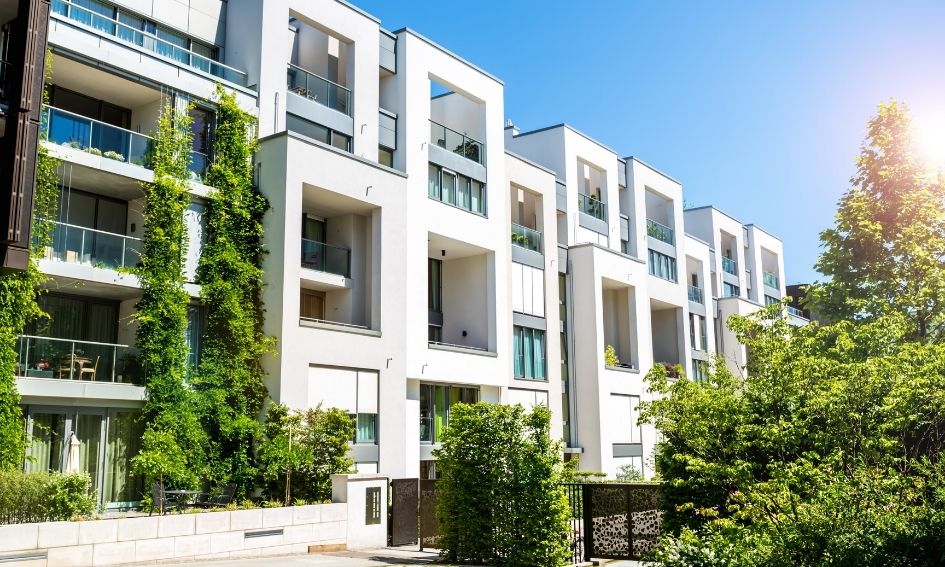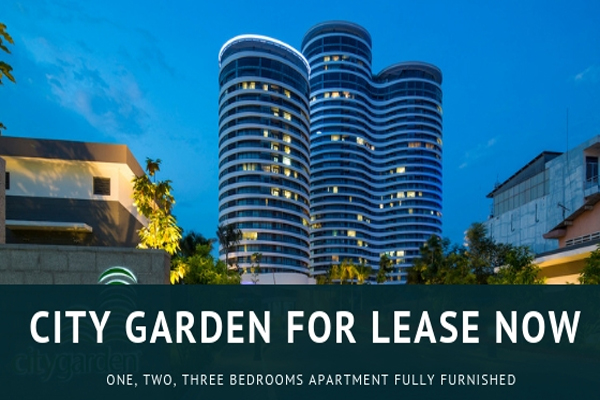Comparing Apartment Prices for Purchase in Vietnam with Other Countries
01 Oct, 2025

Comparing apartment prices for purchase in Vietnam with other countries has become a key topic for many homebuyers and investors, especially in Ho Chi Minh City – the country’s most dynamic economic hub. With rapid growth, Vietnam’s apartment market is often measured against regional and Western markets. This article provides a comprehensive view, offering detailed comparisons of average prices, key influencing factors, and investment opportunities, helping you decide whether Vietnam truly presents an attractive option for purchasing an apartment.
Overview of Vietnam’s Apartment Market (Ho Chi Minh City focus)
Ho Chi Minh City is currently the most active apartment market in Vietnam, accounting for a significant share of national supply. Reports from CBRE and Savills indicate that average apartment prices in the city have steadily increased over the past five years, ranging from USD 2,200 to USD 6,000 per m² depending on the segment. The presence of foreign investors has become increasingly visible, particularly in the mid- to high-end categories. At the same time, strong demand from local buyers ensures a diverse and competitive market.

Average Apartment Prices in Vietnam (USD per m²)
According to CBRE and Savills data in 2024, average apartment prices in Ho Chi Minh City range from USD 2,200 to USD 6,000 per m² depending on location and segment. Premium projects in District 1 and Thao Dien (Thu Duc City) record the highest prices, while suburban areas such as Binh Chanh or Nha Be remain more affordable. In Hanoi, average apartment prices are slightly lower, ranging from USD 1,800 to USD 4,500 per m². Coastal cities like Da Nang and Nha Trang, with their focus on resort-style developments, see prices between USD 2,000 and USD 3,500 per m². Overall, Vietnam’s prices remain competitive compared to many countries in the region.
Comparison with Other Asian Markets
| Country / City | Average Apartment Price (USD/m²) | Remarks |
| Ho Chi Minh City (Vietnam) | 2,200 – 6,000 | Competitive, strong growth potential |
| Bangkok (Thailand) | 4,000 – 7,500 | Significantly higher than Vietnam |
| Kuala Lumpur (Malaysia) | 2,500 – 5,000 | Affordable, close to Vietnam’s range |
| Singapore | 15,000 – 25,000 | Among the highest in Asia |
| Manila (Philippines) | 3,500 – 6,500 | Higher than Vietnam but lower than Singapore |
Comparison with Western Countries
| Country / City | Average Apartment Price (USD/m²) | Remarks |
| Ho Chi Minh City (Vietnam) | 2,200 – 6,000 | Significantly lower than Western markets |
| New York (USA) | 13,000 – 20,000 | Among the most expensive in the world |
| Los Angeles (USA) | 9,000 – 14,000 | Several times higher than Vietnam |
| London (UK) | 12,000 – 18,000 | Consistently high, driven by global demand |
| Sydney (Australia) | 10,000 – 16,000 | Considered a prime global market |
| Melbourne (Australia) | 7,000 – 12,000 | More affordable than Sydney but far above Vietnam |
Key Factors Influencing Price Differences
Several factors explain why apartment prices in Vietnam remain significantly lower compared to Asian and Western markets:
- Construction and land costs: Land prices in Ho Chi Minh City are still much lower than in Bangkok, Singapore, or New York. Labor and material costs are also cheaper.
- Average income levels: Vietnam’s average household income is lower than that of developed nations, directly affecting affordability and market pricing.
- Expat demand: While the expat population in HCMC is growing, it is still smaller compared to global hubs like Singapore or London.
- Foreign Direct Investment (FDI): Vietnam attracts strong FDI inflows, but the real estate market is still developing and has yet to reach the explosive growth levels of Hong Kong or Singapore.
- Foreign ownership policies: Under the 2014 Housing Law, foreigners can purchase apartments but ownership is capped at 30% per building, influencing both pricing and liquidity.
Is Buying in Vietnam a Good Investment for Foreigners?
For foreign investors, Vietnam—especially Ho Chi Minh City—offers several advantages:
- Affordable prices: Compared to regional and Western markets, apartment prices in Vietnam remain attractive, leaving room for long-term capital appreciation.
- Growth potential: Rapid urbanization, rising housing demand, and stable FDI inflows provide strong fundamentals for continued development.
- Strategic location: As Vietnam’s financial hub, HCMC attracts expats, international professionals, and foreign businesses.
However, there are also limitations to consider:
- Legal restrictions: Foreign ownership is capped at 30% of units in a building, and land ownership is not permitted.
- Liquidity challenges: The market lacks transparency compared to Singapore or Thailand, meaning resale can take longer.
In summary, purchasing an apartment in Vietnam can be a worthwhile opportunity for foreigners, provided they understand the legal framework and plan for a long-term investment horizon.
Conclusion
As the comparisons show, apartment prices in Vietnam—especially in Ho Chi Minh City—remain significantly lower than in many Asian and Western countries. This creates a strong opportunity for those seeking an affordable yet high-growth investment destination. However, foreign investors should carefully consider the legal restrictions and market liquidity before making a decision.
So, in today’s rapidly evolving market, do you think now is the right time to invest in an apartment in Ho Chi Minh City?

